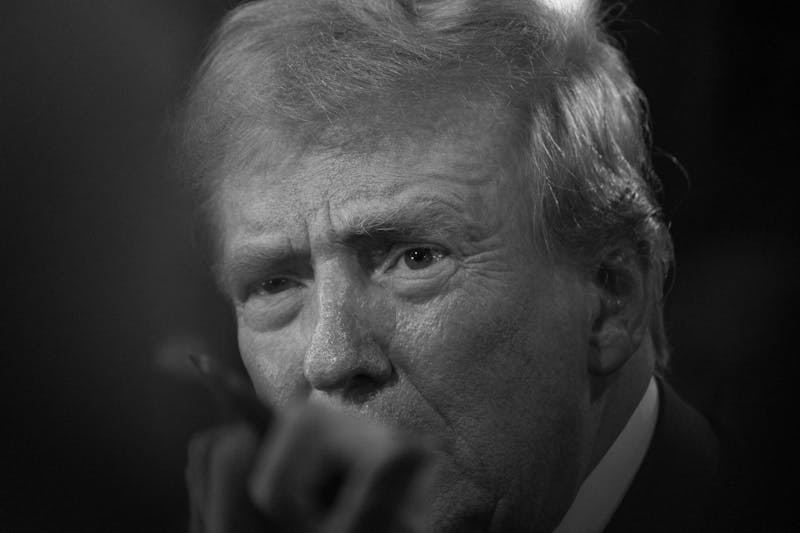The leg braces President Franklin Delano Roosevelt wore because he had polio resemble a huge and awkward metal monster, with bars several centimeters wide. FDR's braces have come to Philadelphia as a part of an exhibit and lecture series called "When the President is the Patient," which began October 17 with a talk by historian and author Richard Beschloss. The exhibit and lectures, which explore how the health of presidents has influenced history, are sponsored by the College of Physicians of Philadelphia. Eight of the 17 presidents who have served in this century have had health problems that affected their decisions and leadership, according to Beschloss. Woodrow Wilson -- the most famous example -- suffered a serious stroke during his second term in office, leaving him unable to concentrate on public policy for more than 10 minutes at a time. His wife, a political aide and his physician, successfully hid his illness for the last eighteen months of his term. "The cabinet and press were told that Wilson had suffered a nervous breakdown," the exhibit text states. "Vice President Thomas Marshall was never informed. The American people never knew that their president was an invalid." Dick Levinson, of the College of Physicians, said there is suspicion that First Lady Edith Wilson was "really running the country at that point." "Bills returned with a signature that was obviously not the president's," he said. FDR's severe heart problem late in his third term also influenced history. "No one told the president of his condition and he never asked," reads the exhibit text, which adds that despite FDR's ill health, no one seriously discouraged him from running for a fourth term. After his re-election, FDR attended a summit of the World War II Allied powers in Yalta, Ukraine where Joseph Stalin staked the Soviets' claim to Poland. Historians have speculated that had the president been healthier, the Iron Curtain might have been drawn further to the east. And only two months after the summit, FDR died, leaving Harry Truman as president. In his lecture last week, Beschloss asserted that had FDR not died in his fourth term, Truman would never have become president. "Only FDR recognized the leadership capabilities of Truman," Beschloss explained. The exhibit and lecture series also examines several ways to ensure the health of the president does not prevent the president from performing his job. Beschloss urged candidates and presidents to disclose all medical records. When candidates run for office, they cede their right to privacy when it comes to their financial, legal and sexual past, he said. But candidates' health is potentially more important and should also be made public, he added. The Constitution outlines another way to prevent presidential illness from adversely affecting the nation. The 25th Amendment, written in response to John F. Kennedy's assassination, states that the president can temporarily relinquish his powers to the vice president if he is incapacitated. The president can resume power by issuing a second statement avowing recovery. If the president refuses to recognize his illness, the vice president and the cabinet must declare the president incapacitated. Some physicians have suggested that the procedure outlined in the 25th Amendment is not precise enough. Bert Parks, who will speak October 22, contends that an independent commission of physicians should regularly examine candidates and presidents to determine if their health permits them to do the job. In an election year, the questions and possible solutions raised by the exhibit and lectures are particularly significant, as health has already become an issue in this campaign. President Clinton's refusal to disclose his complete medical reports drew heavy criticism, and Republican presidential candidate Bob Dole's advanced age has aroused concern that if elected, he might not be able to serve out his term. Penn's Rehabilitation Medicine Chairperson Alfred Fishmen serves as president of the College of Physicians of Philadelphia.
The Daily Pennsylvanian is an independent, student-run newspaper. Please consider making a donation to support the coverage that shapes the University. Your generosity ensures a future of strong journalism at Penn.
DonatePlease note All comments are eligible for publication in The Daily Pennsylvanian.







